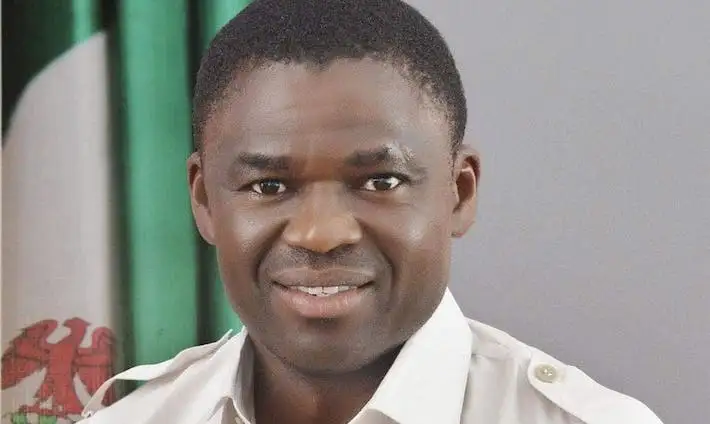The spate of politically motivated impeachment of deputy governors since 1999 has become a threat to Nigeria’s democracy, Civil Society Organisations (CSOs) warned yesterday.
The CSOs, who spoke to LEADERSHIP exclusively yesterday, expressed concern that the polity is increasingly becoming unhealthy because of the governors, who they accused of being behind the abuse of the impeachment process against their deputies.
They added that governors should rather focus on governance rather than sponsor impeachments to settle political scores.
The CSOs that spoke to LEADERSHIP Sunday are: The Transition Monitoring Group (TMG), Transparency International (TI) and the Civil Society Legislative Advocacy Centre (CISLAC).
They spoke against the backdrop of the recent impeachment of Phillip Shaibu as Deputy Governor of Edo State by the Edo State House of Assembly.
Checks reveal that no fewer than 17 deputy governors have been impeached from office since 1999 by the State Assemblies, usually for gross misconduct which are said to be politically motivated.
However Section 188 of the Constitution of the Federal Republic of Nigeria 1999, provides for the removal of governor or geputy governor from office through the process of impeachment.
The process consists of a written allegation of gross misconduct against the accused person who has a right to defend himself. If his defence succeeds, he is expected to be left off the hook; if not, he is removed from office.
The said section 188 spells out in detail the procedures and steps to be taken to consummate the process.
However since 1999 the following deputy governors were impeached namely: Rauf Olaniyan (Oyo); Mahdi Aliyu Gusau (Zamfara); Philip Shaibu (Edo); Peremobowei Elebi (Bayelsa); Sani Abubakar Danladi (Taraba); Jude Agbaso (Imo); Sunday Onyebuchi (Enugu); Ali Olanusi (Ondo); Eze Madumere (Imo); Simon Achuba (Kogi).
Also sacked from office are Femi Pedro (Lagos); Iyiola Omisore (Osun); Kofoworola Bucknor-Akerele (Lagos); Chris Ekpenyong (Akwa Ibom); Abiodun Aluko (Ekiti); Biodun Olujinmi (Ekiti); Late Garba Gadi (Bauchi).
However, after legal battles, the late Garba Gadi (Bauchi); Peremobowei Elebi (Bayelsa); Sani Abubakar Danladi (Taraba); Sunday Onyebuchi (Enugu); Ali Olanusi (Ondo), Jude Agbaso (Imo); Eze Madumere (Imo); Simon Achuba (Kogi) and Mahdi Aliyu Gusau (Zamfara) had their impeachments set aside, even though they could not return to office.
But speaking through their leader, Awwal Musa Rafsanjani, the CSOs said impeachment is part of democratic process but added that the way and manner the governors are going about it, is threatening the country’s democracy.
“Impeachment is part of the democratic process that we have in Nigeria. When there is abuse of the law, corruption and cases of incapacitation, impeachment is supposed to be applied.
“But unfortunately, impeachment is inspired by governors who don’t like their deputy and they sponsored such impeachment which is a threat to democracy,” Rafsanjani said.
According to him, since the governor controls the machinery at the state level, most impeachment processes are sponsored which is a threat to democracy.
“Even the attempted recalls at the National Assembly, even though it was not successful, it was inspired by some governors.
“This impeachment is bringing instability in the polity. Instead of focusing on the work you’ve been elected to do, you are busy sponsoring the impeachment of your deputy. If you have serious work, you won’t waste your time and resources sponsoring the impeachment process that is making the polity unhealthy,” the CSOs said.





